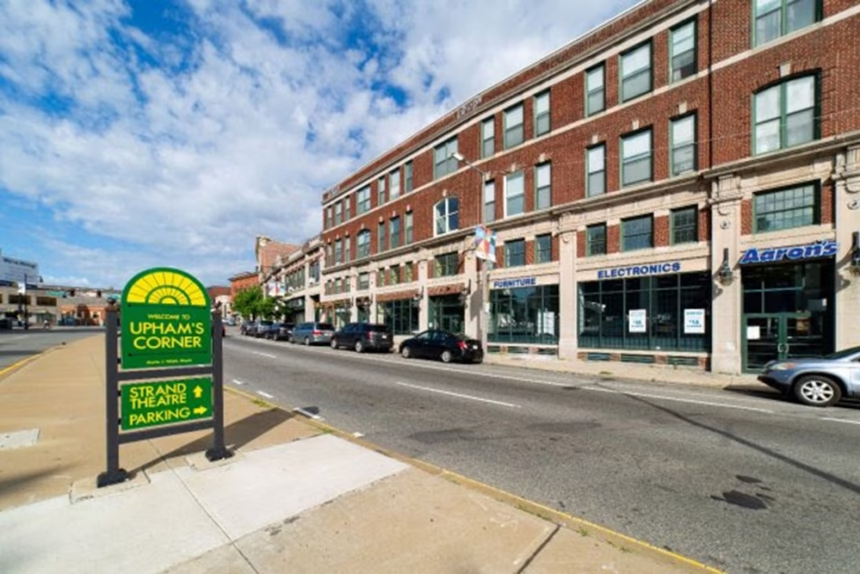The Healey-Driscoll Administration has unveiled an innovative $16 million investment initiative to decarbonize approximately 1,000 affordable housing units across Massachusetts.
This is the third phase of funding for the Climate Ready Housing program, designed to improve the energy efficiency and sustainability of affordable housing.
The program is led by the Executive Office of Housing and Livable Communities (EOHLC), in close collaboration with key partners including the Massachusetts Housing Partnership (MHP), MassHousing and Local Initiatives Support Corporation Massachusetts (LISC MA).
The investment will facilitate energy retrofits and electrification initiatives in eight communities, with the dual aim of lowering greenhouse gas emissions and reducing energy costs for low- and moderate-income residents.
Governor Maura Healey emphasized the overall benefits of the program, saying, “This investment provides immediate savings for residents, and has significant environmental benefits by reducing emissions from existing structures, which has a positive impact on the health of communities and our environment.” Lieutenant Governor Kim Driscoll highlighted how the program improves living conditions while creating local employment opportunities, describing it as a stepping stone to environmental sustainability.
Secretary of Housing and Livable Communities Ed Augustus reinforced the program’s strategic alignment with Massachusetts’ climate goals. He emphasized its role in reducing costs for residents, improving indoor air quality and supporting the Commonwealth’s drive to achieve net-zero emissions by 2050.
The program, which initially received $1.6 million in annual funding as part of the 2021 Economic Development Bond Bill, has grown substantially under the current administration, with this year’s allocation increasing tenfold. From more than 40 submissions, 13 projects were carefully selected for this round of funding, demonstrating the state’s strong commitment to sustainable housing initiatives.
The program comprises two distinct project categories:
- Deep Energy Renovations (DER): These comprehensive renovations include improved insulation, electrification of systems and integration of renewable energy, with the aim of achieving energy savings of at least 50%.
- Zero Carbon Over Time (ZOT): these initiatives take a phased approach, implementing immediate improvements as part of an overall strategy to eliminate emissions by 2050.
Funding supports a range of innovative projects, including
- Brookline Community Development Corporation: Renovation of a historic building to achieve 67% energy savings.
- Pine Street Inn in Charlestown: Complete electrification of heating and water systems to eliminate dependence on fossil fuels.
- Madison Park Development Corporation in Roxbury: Complete sustainability upgrade for 282 units, with a 57% reduction in energy consumption.
- Cambridge Housing Authority: Implementation of efficiency measures to reduce energy consumption by 90% in a 77-unit mid-rise complex.
Each initiative shows how innovative design and strategic investment can transform existing housing into more sustainable, healthier living spaces.
Clark Ziegler, Executive Director of the Massachusetts Housing Partnership, emphasized the collaborative spirit: “This strategic investment ensures that approximately 1,000 homes will be transformed into sustainable and healthy living spaces, while advancing our state’s environmental goals. ”
Chrystal Kornegay, Executive Director of MassHousing, concurred, noting that the initiative catalyzes the integration of sustainable energy solutions into affordable housing, creating a dual benefit for occupants and environmental preservation.
As Massachusetts strengthens its commitment to sustainable housing, the Climate Ready Housing program emerges as an exemplary framework for other states seeking to address housing and environmental challenges in a coherent way. The next funding cycle is scheduled to begin in March 2025, demonstrating the state’s ongoing commitment to fostering a more sustainable and equitable living environment for its residents.
For more information on the program, visit LISC Climate Ready Housing.







